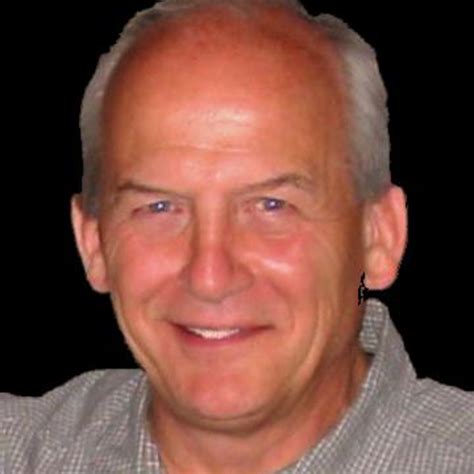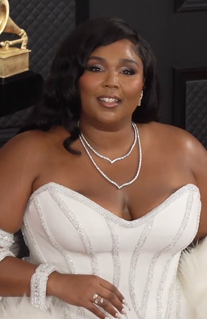A Quote by Stephanie Land
To me, the only way we'll see a collective change in this country is by listening to people who have experienced life in the margins of society, who have lived less privileged versions of my story, in systemic poverty and facing structural racism.
Related Quotes
Yahweh demanded justice for the poor, compassion and equality for foreigners and refugees, systemic redress for poverty, structural mechanisms to protect the homeless and family-less from abuse and destitution, fair and equitable distribution of land, integrity in the judicial system, humility, simplicity and morality in the government (as opposed to wealth, women and weapons), etc. etc. If you want that kind of society, you need to be faithful to the living God.
Every story is flawed, every story is subject to change. Even after it is set down to print, between covers of a book, a story is not immune to alteration. People can go on telling it in their own way, remembering it the way they want. And in each telling the ending may change, or even the beginning. Inevitably, in some cases it will be worse, and in others it just might be better. A story, after all, does not only belong to the one who is telling it. It belongs, in equal measure, to the one who is listening.
Racism should be viewed as an intervening variable. You give me a set of conditions and I can produce racism in any society. You give me a different set of conditions and I can reduce racism. You give me a situation where there are a sufficient number of social resources so people don't have to compete for those resources, and I will show you a society where racism is held in check.
People's experiences are all different, and you don't know what the person experienced. They know, but you don't, so I think it's important to listen carefully to what a person has to say. And not to force them into any direction at all but simply to model what you've experienced, model it and also be what I call a Listening Presence. If you're really listening, then some of the barriers can dissolve or change.


































